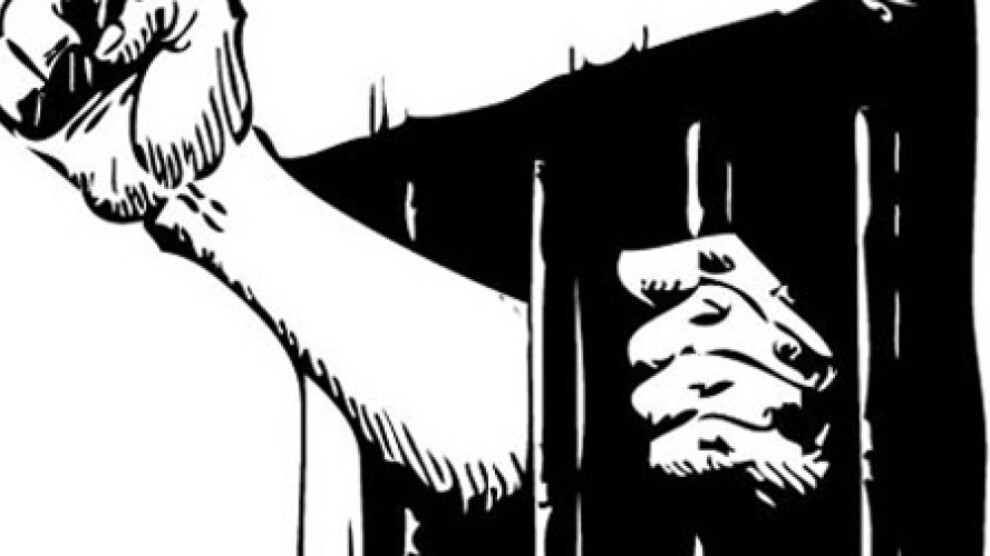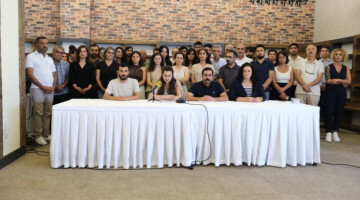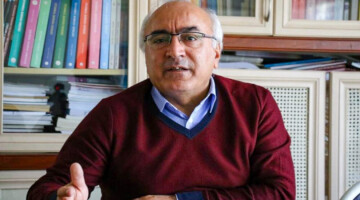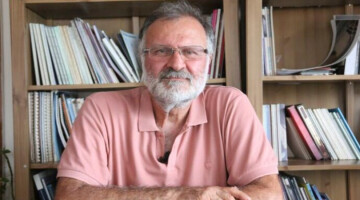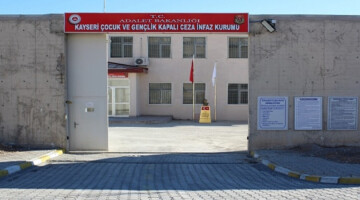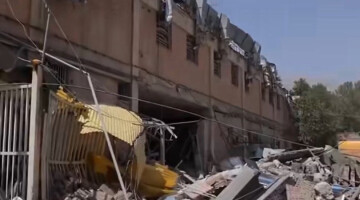Violations of rights are increasing in F Type, T Type, M Type and High Security prisons in the city of Van, where torture and strip searches were frequently reported before. Deprived of all their legal rights and subjected to constant exile, political prisoners are not released on the grounds of “lack of good conduct” even though they have already completed their jail time. Van prisons have recently overturned Article 107 of the Execution Law No. 5275 which pertains to conditional release. Prison administrations ask political prisoners who have served almost 30 years of their sentence to stay in an open prison or ask them: “Do you regret it?” When political prisoners say no, prison administrations keep them in jail or do not allow them to be transferred to an open prison. Political prisoners who conveyed a message through their families said that they are often called and asked, "Do you regret it?"
Lawyer Fevzi Çelik stated that "remorse" comes into question only during the trial phase. “The aim to ask, 'Do you regret?' is an insult to political prisoners. In law, such a situation cannot be tolerated. Expressing remorse is only possible during trial or after committing a crime. This cannot be applied during the execution phase,” the lawyer said.
“The aim is to break the solidarity of political prisoners behind bars. Prison administrations try to pit prisoners against each other. They do it in order to end their social and political life after their sentence is over. Recently, families of political prisoners are called by prison administrations and subject to psychological pressure. They want to render political prisoners impartial. They want to humiliate prisoners. While they do not ask criminal prisoners "Will you kill somebody again?", forcing political prisoners to express remorse is an evil-minded policy. According to the constitution, no one can be forced to express his/her own thoughts and opinions, through which the constitution is openly violated,” the lawyer concluded.

